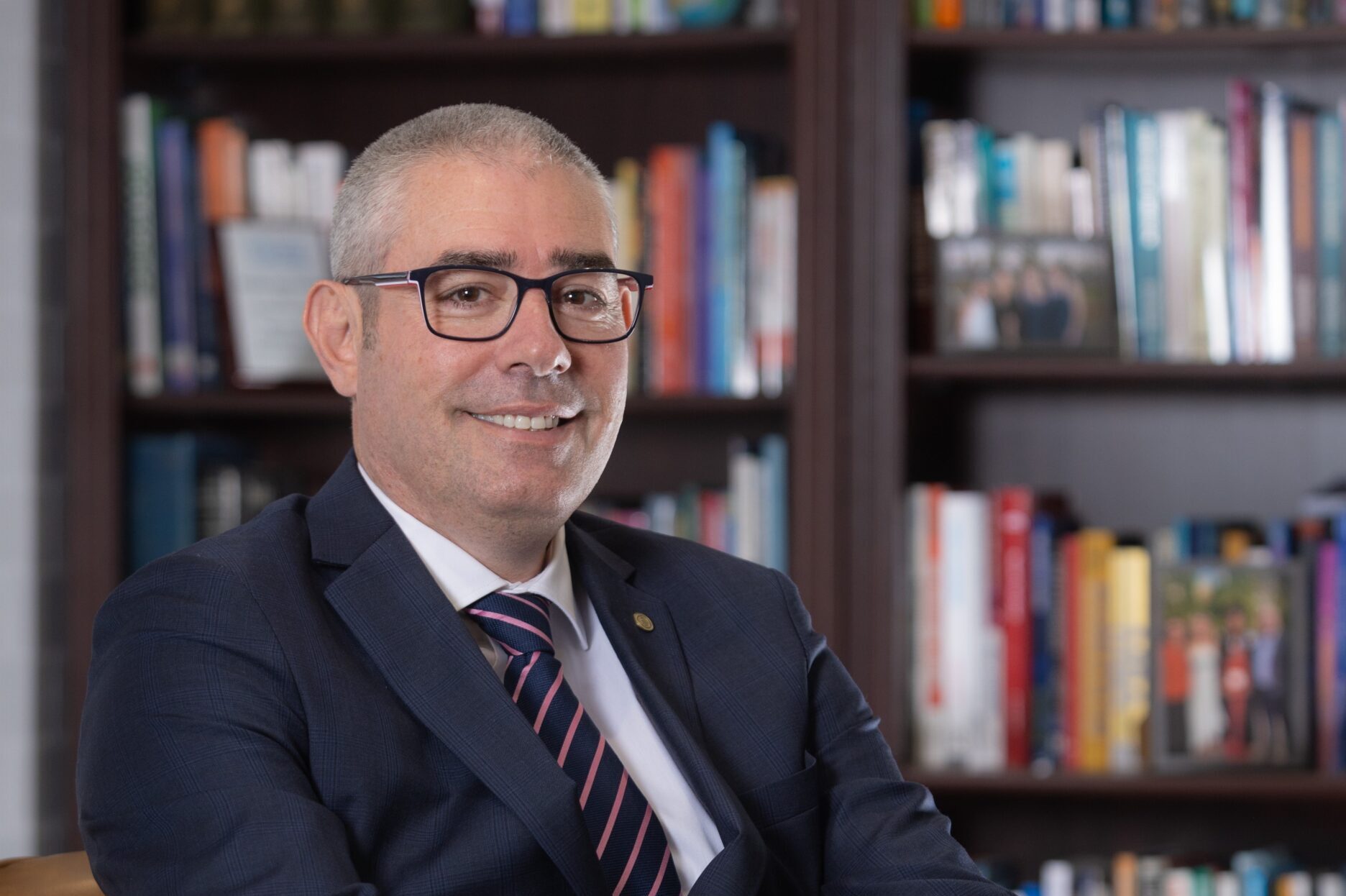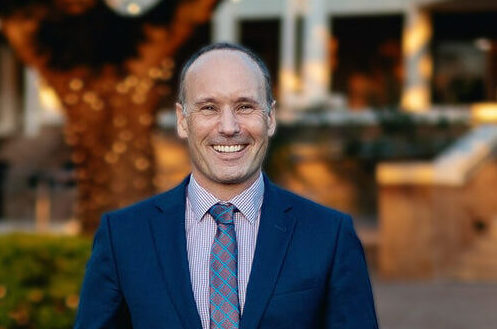As we sit with School Boards and Leadership Teams, discussing their Human Resource requirements a new language has begun to emerge and a new leader is now highly desired. As schools attune to their deep purpose, we are increasingly being asked to develop and find “relational leaders” who can bring ‘life’ to the educational settings they lead. Although seemingly not new, this article attempts to capture the characteristics of a leader in demand.
A relational leader lives in a way that authentically models and embodies care for individuals and the organisation. Such leaders have a deep moral commitment to developing agency and connected relationships. An attuned moral compass supports relational leaders to find purpose, to act ethically and engage with people inclusively. Schools increasingly need leaders who can bind people around their core principles, as it is through this deep connection that the organisational purpose comes to be known and lived.
Relational leadership is a way of being, and relating with others, that supports a quest towards a higher purpose, it is inclusive and seeks to empower. Relational leaders ‘lead by example’ as they demonstrate confidence, optimism, hope, resilience, and consistency between their words and actions. These leaders are true to themselves and motivated by their deep purpose and personal beliefs.
Relational leaders understand the dynamics of the organisational environment, and are aware of, and attuned to, the context in which they operate. Furthermore, they recognise relationships as living and embedded between people and appreciate the interconnected, social nature of schools as organisations. Relational leaders use the following sensibilities when leading and as such are in tune with the dynamic environment in which they function.
Relational Sensibilities
- Tact: Skill and sensitivity in dealing with others or with difficult issues.
- Attunement: Being receptive or aware of others and context.
- Nous: A practical intelligence. Reading the game.
- Practical wisdom: Virtuousness, excellence of character.
- Improvisation: To provide or construct in the moment.
- Resoluteness: Firm and determined direction and action.
- Moral Judgement: Living towards a greater moral good for all.
Relational leaders foster and grow the capacity of those that they lead by modelling authentic relationships. These authentic relationships, are symbolised by transparency, openness and trust, whereby there is guidance towards worthy objectives and a commitment towards follower development. To this point, leaders and followers are in a reciprocal relationship where each has the capacity and responsibility to influence the other’s experience.
Relational leaders continually seek to refine their self-awareness to display more authentic actions and form increasingly meaningful relationships. By reflecting introspectively, these leaders gain insight and clarify their core values, identity, emotions, and motives, thus forming a more complete and accurate picture of their world. The quest to heighten one’s self-awareness is part of an emerging process whereby these leaders continually refine an understanding of their strengths, talents, sense of purpose and beliefs.
It could be argued that leadership at its core is relational and therefore; to lead is to be in relationships whereby sensibilities such as nous, tact and moral judgment, allow the leader to shape the relational space. Seeing people in the organisation as ‘in relationship,’ as compared to viewing them through a lens of power and position, has the potential to support the reframing of schools and assist leaders to do the work of leadership. Commitment to the organisations objectives may well be harnessed if people in the organisation prioritise the building of relationships and refine the deep human connections that bond our schools.
Although identifying leadership as relational is not in itself hugely revolutionary, there is an increasing desire to attract leaders who can build, create and collaborate with the myriad of stakeholders that make up the complex environments that are our schools.
Therefore, the reflective question for those who seek educational leadership opportunities is; How are you developing and growing your relational leadership?
About the authors:
Fiona Hutton is the Founder and Managing Director of Hutton Consulting Australia
David Runge is the Co-Founder & Director at Future Schools

Recent Posts
LEADREAD 3: Invisible labour: Principals’ emotional labour in volatile times

LEADREAD 2: Executive Functions Conceptual Framework and Relevance for Education

Leading and Learning: Insights from Principals

Leading & Learning: Insights from Principals

LEADREAD 1: Portrait of a Leader
